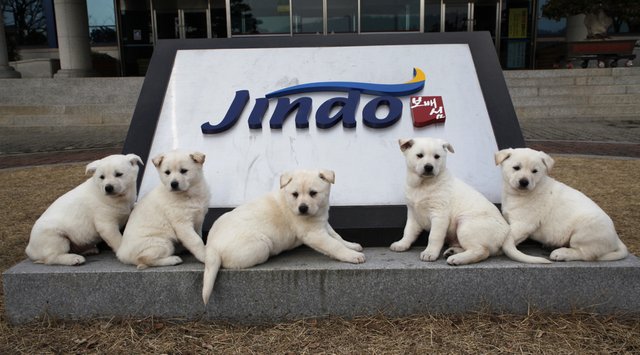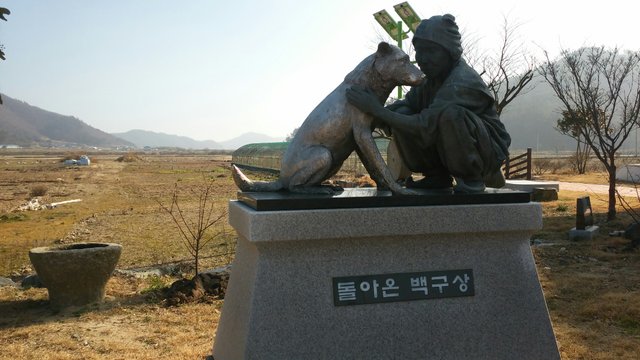The Cultural Evolution of Jindo Dogs

Got the Munchies?
For a long while, Asian countries had a hard time shaking off some severe mischaracterizations when it comes to eating. This especially applied to unusual foods as most places had a specific cuisine that irked their western counterparts- The Chinese and their cats, the Thai and their monkey brains, and the Koreans and their dogs.
To be fair, it’s hard to be a domestic pet lover in a war impoverished country. And by statistic, the consumption of canine meat has dropped sharply(about 20-30% per year) in recent years as more Koreans are breeding pets and staying away from anything that resembles Mr. Fluffballs.
The stereotype is still hard to shake however as most of the world assumed we were stewing up Beethovens and Lassies left and right. The reality though was that only one type of dog was ever used in this cuisine - the Jindo dog.

This white wolfish breed originates from the Jindo region of Korea and is highly intelligent, loyal, and defensive. They are the country’s guard dogs, employed even in the military to protect. Jindos are one of the most constant representations of animals in the country and have legends that go along with their loyalty.

For a great over view on the history and current status of Jindo dogs, check out the NBC spotlight produced during this year’s Winter Olympics -
What used to be used for protection and food, Jindos now occupy much more diverse roles in Korean society including entertainment (dog shows, competitions) and even therapy. They require a great deal of interpersonal or inter-canine attention, making them perfect companions.

A Different Kind of Loyalty
These days, Jindo dog adoption in US is becoming increasingly popular, especially as Korean-Americans try to combat dog consumption and rescue them into America. These posters are becoming more common -

The interesting thing to watch is how these hyper-loyal agricultural dogs integrate into American dog culture. US dog owners are used to tricks and commands as a result of traditional training and grooming. Jindos are far different and far more independent than typical domestic pets. They're less likely to obey commands and independently protect their home and owner(s). This may just be a disparity in how they're raised in Korea vs. the US but we're likely to see a wave of misunderstanding and potential abandonment after this initial craze for Jindos. Since most Korean-Americans are concentrated in dense cities like LA, New York, and Atlanta, Jindos may just not be well-suited to adapt to these environments.
Anyway, thought I'd share a more casual one these fab dogs today. Steem on!

My dog is a jindo-mix rescue from Korea! Straight from a meat market farm :/ We're not sure what the rest of him is, but he's definitely part Jindo. We actually really love his temperament, he's so chill. I've brought him to work before and people forget he's there because he's so quiet and tends to himself. He'll sleep all day at home, but loves going for walks and goes nuts playing with dogs. Definitely has a mind of his own though haha. He's not the most affectionate or people-pleasing dog, but he's still very loving. I hope as this breed grows more popular that people take the time to understand the quirks of Jindos, bc they're really amazing dogs.

That's awesome and he's beautiful!!
oh .. for our country it is hard to understand these things with cats and dogs.
but I know it is true. Sometimes living conditions force you to do bad things. I have heard that in some cultures they are used as food .. sad
Good news that the dogs are now closer to beautiful relationships!
did you see the message I sent you via steem chat?
으아 너무 귀엽네요!!